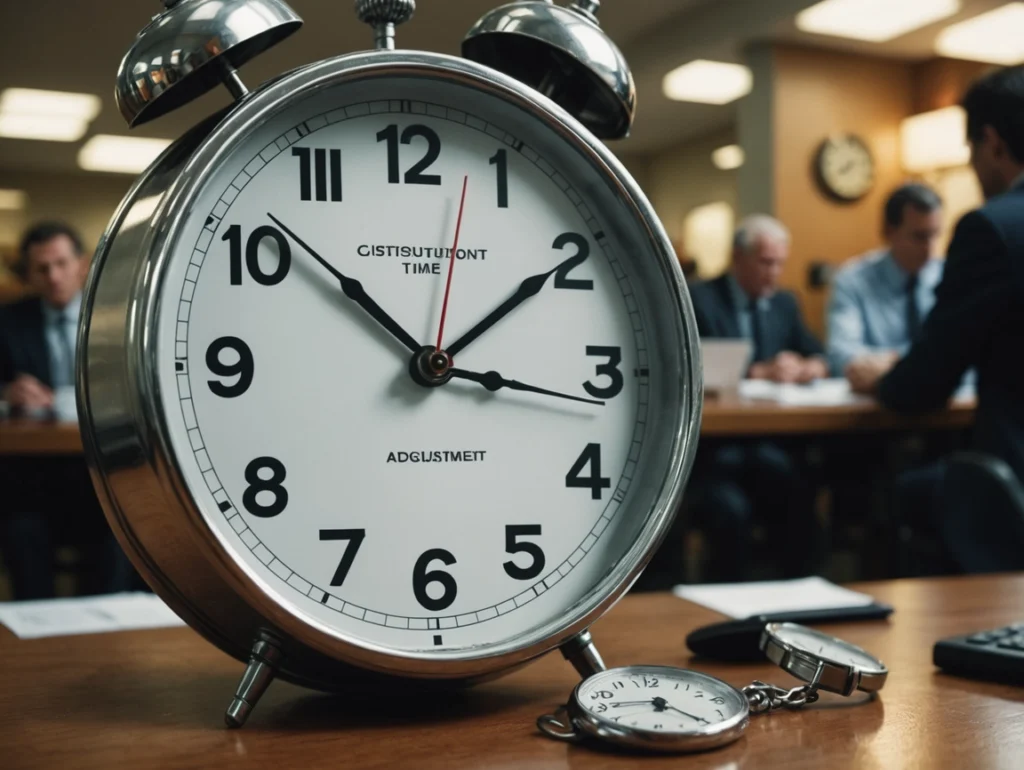What Happens If You Wait to File Your Adjustment of Status: Policy Changes, Fees, and Risks for Texas Immigrants
Many immigrants in Texas choose to wait before filing their adjustment of status — sometimes to save money, gather documents, or wait for better timing. But waiting too long can have serious consequences.
Delays can mean higher filing fees, stricter USCIS policies, or loss of eligibility if your visa expires or your status changes. Here’s what every Texas immigrant should know before deciding to wait.
The Cost of Waiting: Rising USCIS Fees
USCIS periodically raises filing fees, and recent proposals suggest significant increases for several key forms, including:
- Form I-485 (Adjustment of Status)
- Form I-130 (Petition for Alien Relative)
- Form I-765 (Work Authorization)
- Form I-131 (Advance Parole)
Applicants who wait risk paying hundreds more in government fees when new schedules take effect.
If you’re preparing to file in Texas, applying early can lock in current rates before new fees begin.
Policy Changes That Could Affect You
Immigration policies and internal USCIS procedures change frequently. Delaying your application can expose you to new rules that make adjustment harder. Examples include:
- Public charge updates – Shifts in what counts as financial self-sufficiency.
- Document requirements – New standards for medical exams or affidavits of support.
- Interview procedures – Expanded in-person interview requirements for certain categories.
Even a minor change can cause a longer wait or an unexpected denial if your paperwork no longer meets updated standards.
Immigration Risks of Waiting Too Long
- Expiration of Legal Status
- If your visa expires before filing, you begin accruing unlawful presence, which can trigger bars to reentry.
- Changes in Relationship or Sponsorship
- If your U.S. citizen spouse or petitioner loses status, passes away, or withdraws support, your eligibility may vanish.
- Policy Shifts on Work or Travel Authorization
- Waiting too long may delay your ability to work or travel lawfully.
- Loss of Priority Date
- Family or employment-based categories sometimes retrogress, causing longer backlogs.
👉 Learn more: Houston Adjustment of Status Timeline for 2025–2026
Why Filing Sooner Often Helps
Filing now can:
- Lock in lower filing fees before increases
- Preserve eligibility under current policy
- Prevent status gaps or unlawful presence
- Allow you to start working legally faster
Even if you are missing a few documents, an immigration lawyer can help you file correctly and supplement your file later.
👉 Schedule a consultation with Gilda Immigration to prepare your case before deadlines or policy changes affect you.
Cross-Links to Related Blogs
- Concurrent Filing of I-130 and I-485: When It Makes Sense
- Adjustment of Status Denial: Common Mistakes and How to Avoid Them
- Steps to Start Adjustment of Status in 2026
FAQ: Waiting to File Adjustment of Status in Texas
1. Is it bad to wait before filing adjustment of status?
Yes, waiting can increase costs, extend timelines, and risk eligibility changes.
2. Are USCIS fees going up in 2025–2026?
Proposed fee adjustments suggest higher costs for several key forms, including I-485 and I-130.
3. What if I’m missing some documents?
An attorney can help you prepare a strong case and file while gathering supporting materials.
4. Can policy changes affect cases already filed?
Sometimes. Filing earlier can help secure your case under current rules.
5. Do I need a lawyer to file sooner?
While not required, a lawyer can ensure you meet all eligibility and documentation standards before submitting.
Conclusion
For immigrants in Texas, waiting to file your adjustment of status can cost more than you think. Filing early can help lock in lower fees, protect against policy changes, and avoid loss of eligibility. If you’re ready to begin your green card process, now is the time to act.
👉 Schedule a consultation with Gilda Immigration to get your 2026 adjustment of status started right.

